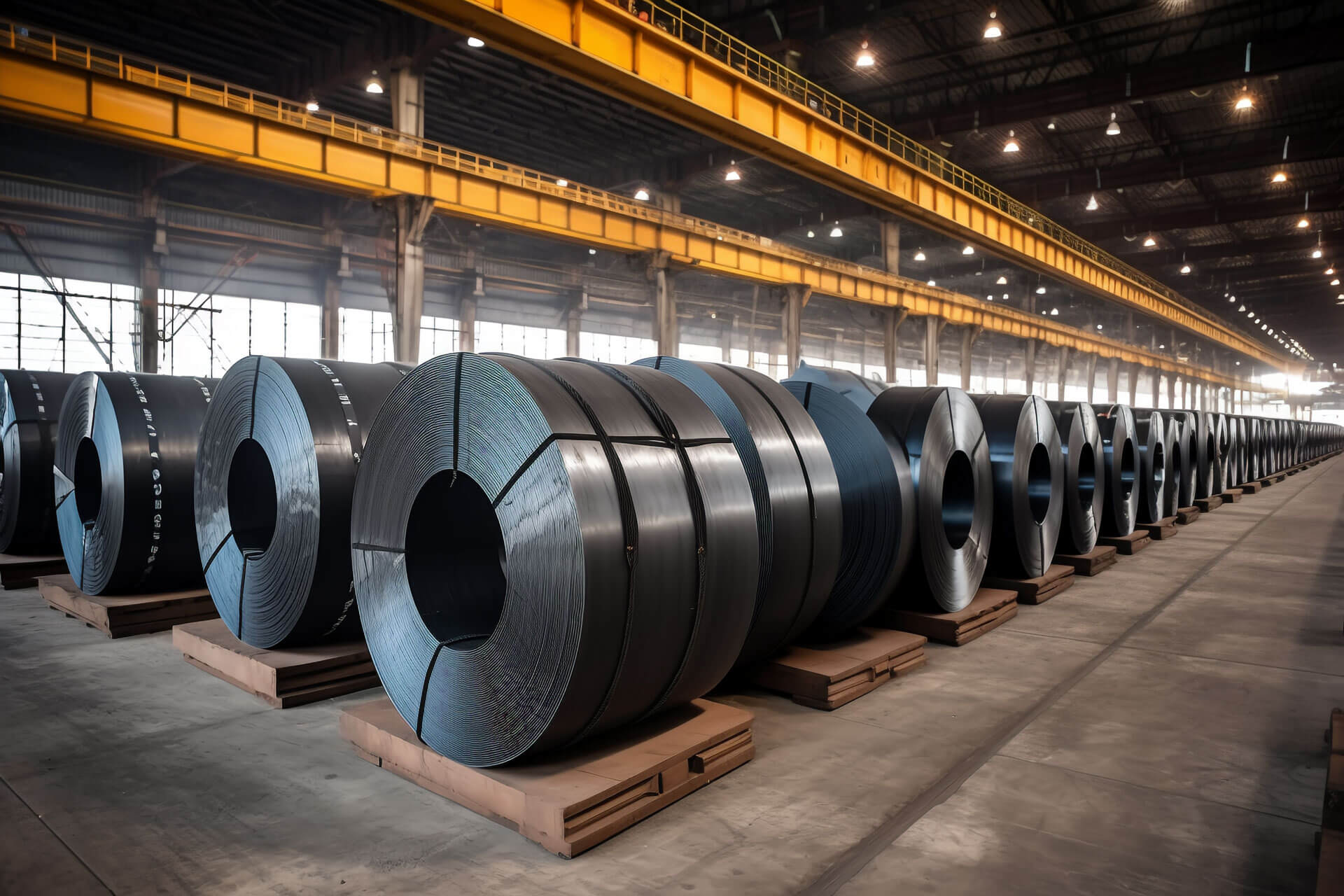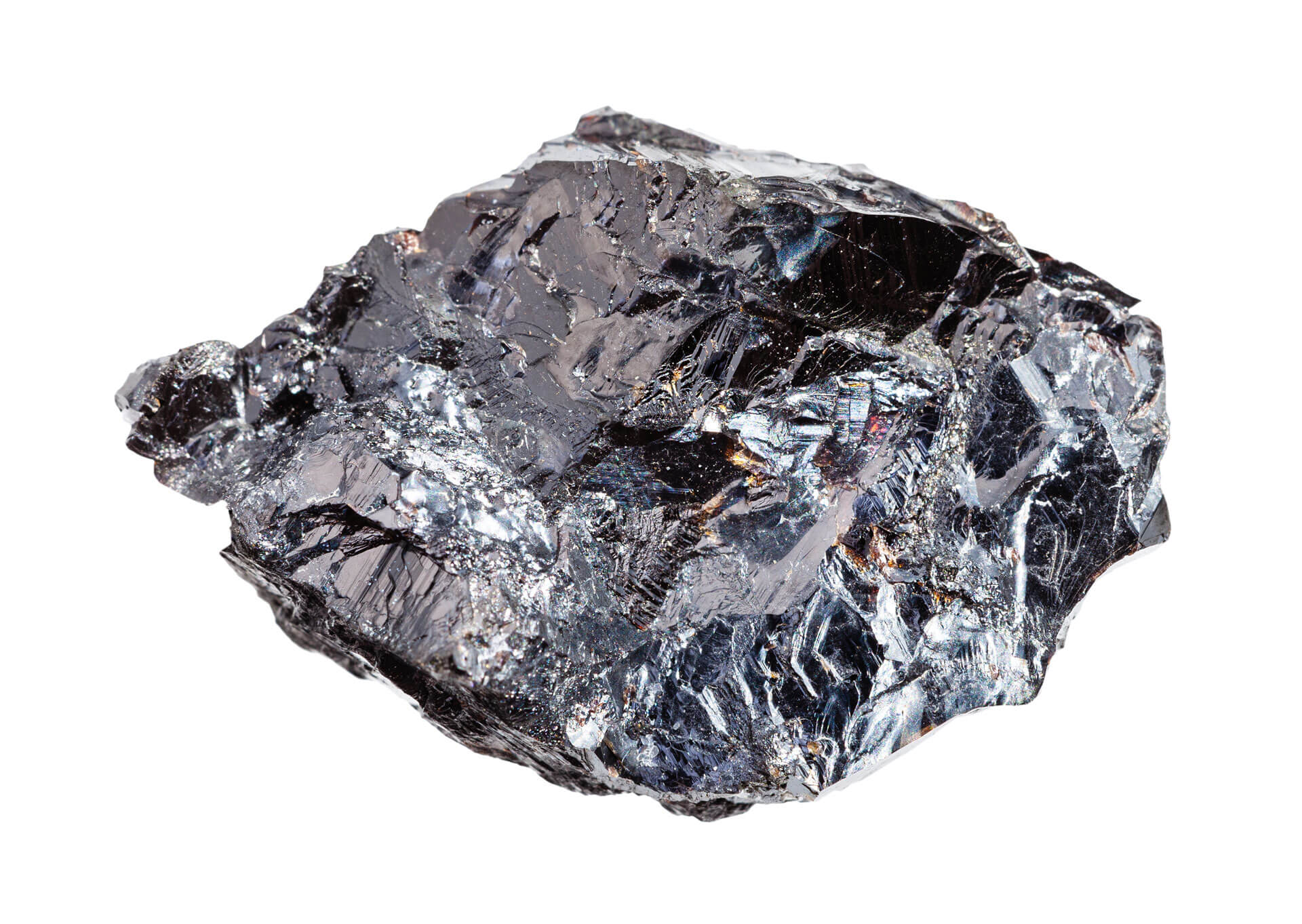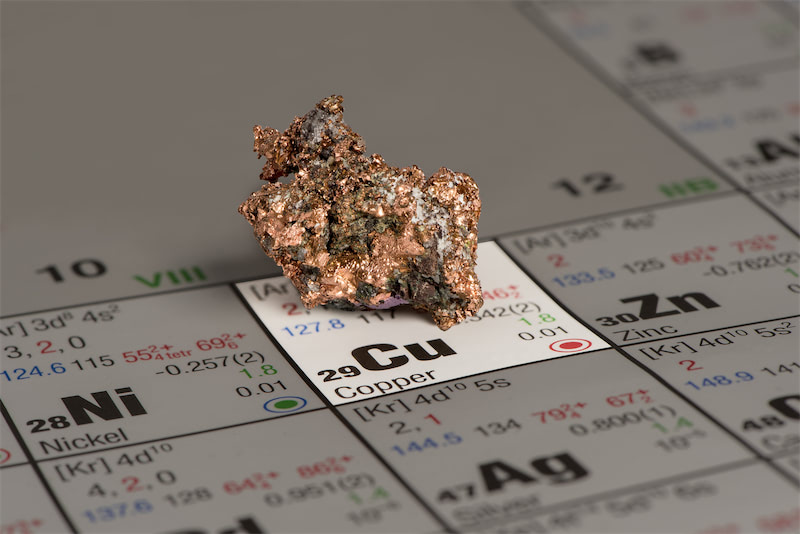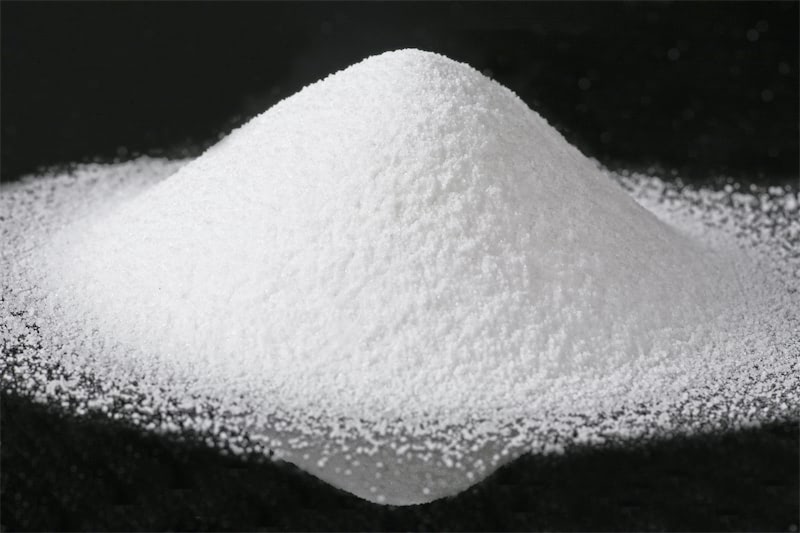SHANGHAI, Aug 7 (SMM) – About 73,500 new energy vehicles obtained qualification certificates in China in July, showed SMM data. This was down 43% from a month ago and 18.3% from a year ago, marking the first year-over-year decline since the NEV sector emerged a few years ago.
Installed power battery capacity also shrank last month, declining 29% month on month to 4.69GWh, with a smaller year-over-year increase of 26.9%.
After a rapid expansion in the first half of the year, China’s NEV sector hit a trough in July, which is the first full month since the new NEV subsidy scheme and vehicle emission standards took effect.
The shift to the new emission standards prompted a rush to clear existing inventories of diesel and gasoline-powered vehicles and slowed overall automobile production.
Production of electric passenger vehicles dropped 55.8% month on month to 43,300 units in July, while that of electric buses more than doubled to 12,800 units.
Lower subsidies and cash flow pressure, meanwhile, drove NEV makers to prioritize cost concerns, and favor lithium iron phosphate (LFP) batteries.
Installed LFP batteries came in at 2.48GWh last month, taking up 52.9% of the total. The ratio climbed 27 percentage points from June, and exceeded that for ternary batteries for the first time this year.
There was a brief supply shortage of LFP batteries, while excessive capacity dragged on prices of ternary batteries close to those of LFP batteries.
Aside from costs, higher security also helped LFP batteries to outperform ternary ones.
Some automakers are expected to launch new models in August, while the vehicle production and battery installation rush is set to revive at the end of the year as the government subsidies will be completely withdrawn in 2020.
The NEV and battery markets are expected to pick up at the end of September, as some producers are still clearing inventories in August.
In July, Chinese battery maker CATL remained the largest battery supplier, with a market share of 66.5% in terms of battery installation.
It’s worth nothing that batteries produced by South Korea’s LG’s plant in Nanjing were installed in Dongfeng Renault’s electric passenger vehicles for trial run last month, suggesting the start of the competition among global battery suppliers.



